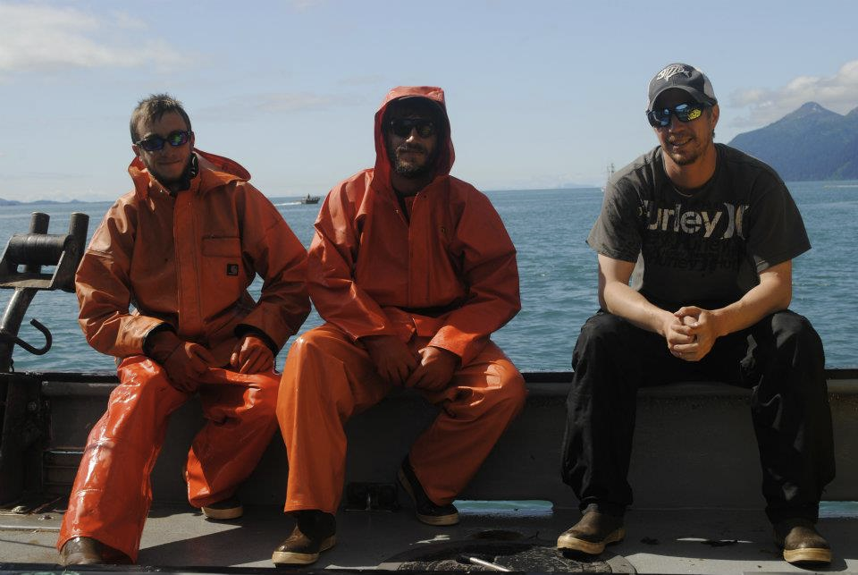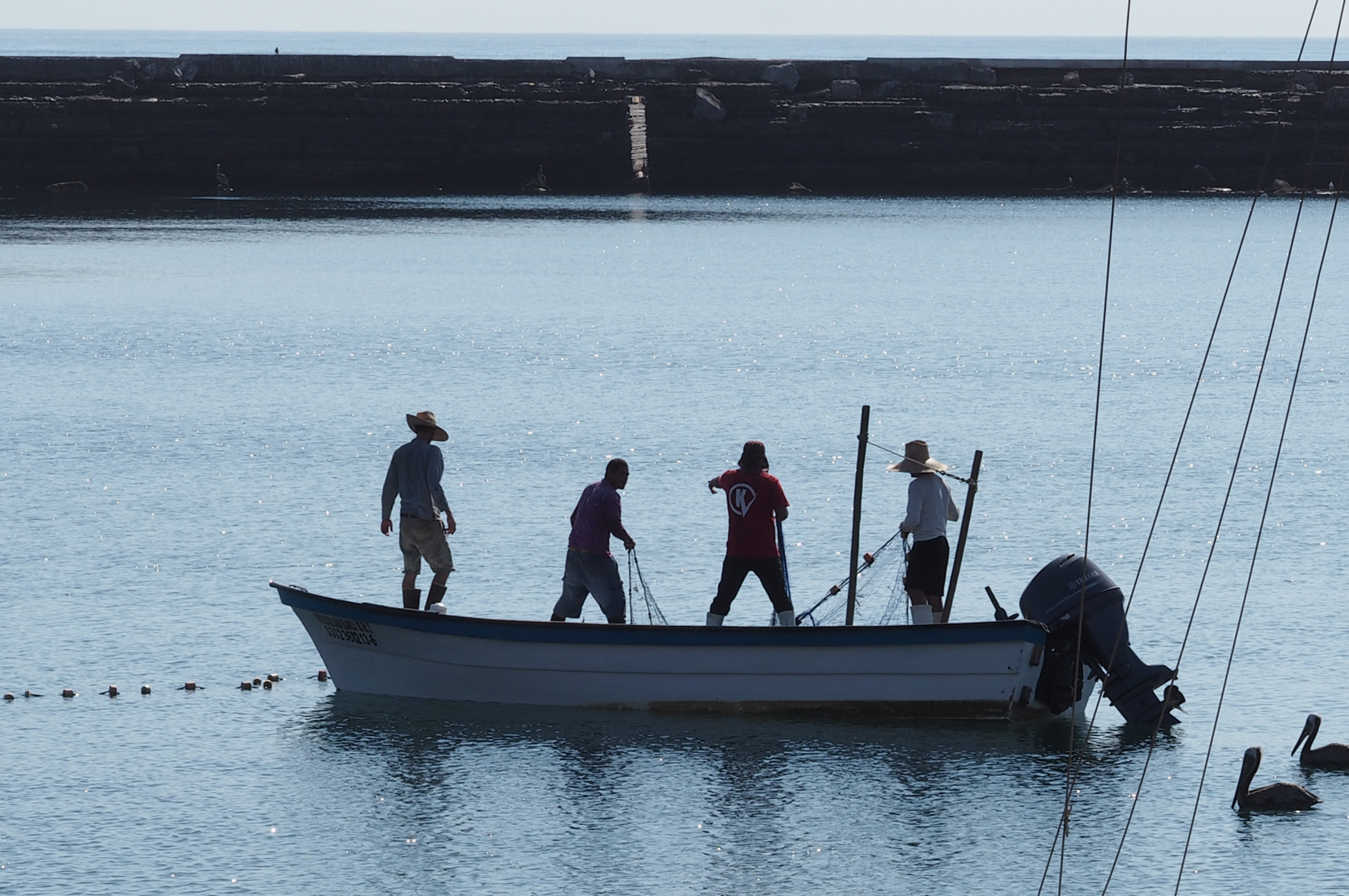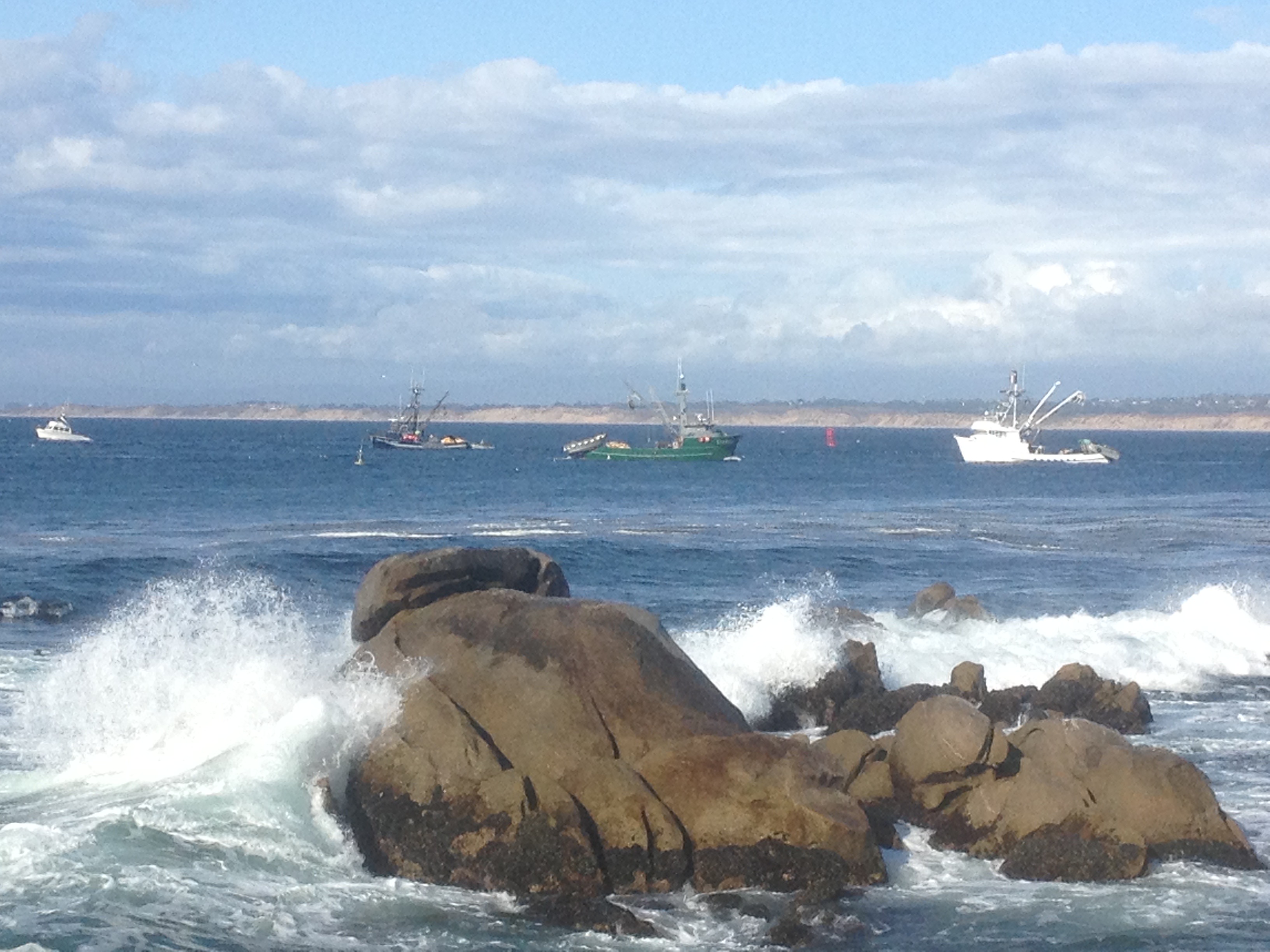The only thing constant in life is change. Coastal fishing communities in California and across the United States are all too familiar with this adage. The ability to respond and adapt to changing conditions is a fundamental part of the cultures and traditions which have sustained these communities for generations. In many respects, perseverance, ingenuity and a sense of humor are tools of the trade more essential than any boat, motor, or net. A certain amount of uncertainty goes with the territory. That’s why they call it fishing rather catching, or so the saying goes.
What happens when the pace of change is so rapid that coastal fishing communities are unable to keep pace? While fishers may have strategies that they rely upon to overcome a failed fishing trip or a poor season, will these strategies still function when they are used as the rule rather than the exception? Who are the winners and losers when the uncertainties associated with environmental change are compounded by regulatory reform and/or economic instability?

Life aboard a pink salmon seine vessel in Prince William Sound, Alaska. That’s me on the left.
Such questions are at the heart of my research as a California Sea Grant state fellow working with NOAA’s Southwest Fisheries Science Center. Prior to heading back to school to study marine social-ecological systems, I spent five years working as commercial fishermen in Maine, Alaska and California. The transition from mending nets and scrubbing fish-holds for a living to spending my days reading papers, sitting in meetings and writing computer code as a research scientist was certainly an abrupt one. Yet, I would argue that the two professions are more similar than many people realize. Both are based upon sampling the marine environment, formulating hypotheses, and modifying them on the basis on of new information.

Fishing for answers with small-scale fishermen down in Baja California.
After wrapping up a thesis focused on how jumbo squid and the small-scale fishers who target them down in Baja California are adapting to a warming ocean, as a Sea Grant fellow I’m applying some of the same tools to investigate the factors shaping fisheries livelihoods here on the West Coast of the United States. The ability to shift target species in response to changes in whatever is most convenient, valuable, or abundant at any point in time has historically contributed to the resilience of fishers and their communities. However, in response to market incentives, permitting restrictions, and ecological changes it appears that many individuals are reliant now on fewer species than ever before.

View from the office. Squid boats on the prowl out in Monterey Bay. My project is still its early stages and it is clear that the issue is as complex as the concerned stakeholders are numerous. While I don’t profess to have all the answers, it seems like a good place to start could be for fishers, managers, and policy makers to take a step back and reconsider how we value marine resources. Rather than seeking to maximize the revenue and/or yield for one resource at a time, perhaps it is time to consider how a more holistic and integrated approach could be leveraged to promote sustainability, diversification and flexibility.
Written by Timothy Frawley (Twitter: @Nearshore_Tim)
